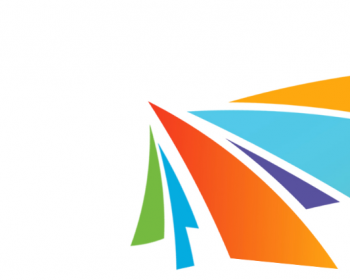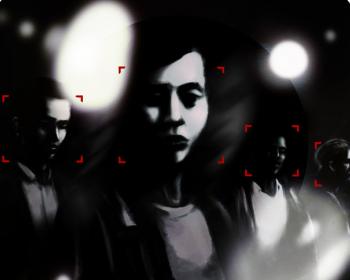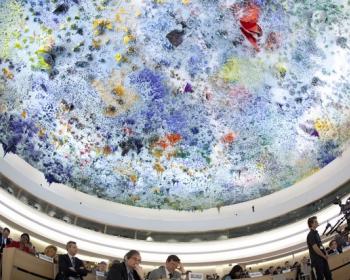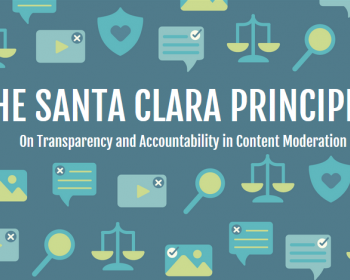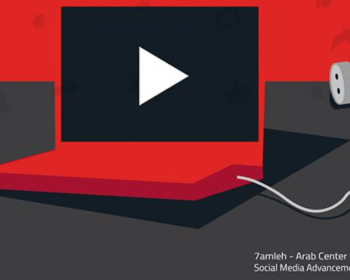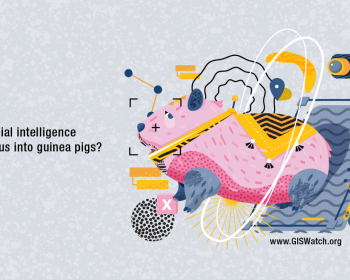Artificial intelligence
APC and 14 other organisations have joined together to send a public letter to the newly appointed Global Internet Forum to Counter Terrorism (GIFCT) Executive Director Nicholas Rasmussen to apprise him of threats to human rights posed by GIFCT.
The 2020 RightsCon will take place online from 27 to 31 July. Throughout the program we plan to promote a global South perspective for human rights online, including by supporting and promoting the important work of APC members.
On the third episode of Pretty Good Podcast, ARTICLE 19 digital programme officer Vidushi Marda dissects the role of artificial intelligence (AI) in the region’s response to COVID-19 and what the new applications of this technology mean for digital rights after the pandemic.
As widespread recent protests have highlighted, racial inequality remains an urgent and devastating issue around the world, and this is as true in the context of technology as it is everywhere else.
APC’s priorities at this HRC session include the implications of COVID-19 for human rights online, the impact of digital technologies on freedom of assembly and association online, racial discrimination and inequality and new information technologies, and online gender-based violence.
APC welcomes this consultation, as it is timely and integral to our work. The pandemic poses challenges for content moderation, and while we recognise that these are extraordinary times, human rights laws and principles should be the default standards guiding companies’ policies and procedures.
7amleh has released a new research report about YouTube’s violations of Palestinian digital rights, as part of a series that focuses on violations of Palestinian digital rights and digital discrimination against Palestinians by international technology companies.
AI is receiving unprecedented global attention, but what are its human rights and social justice implications? APC collaborated with Indonesian illustrator Ellena Ekarahendy to produce a set of visual representations of outstanding metaphors in 2019 GISWatch report on AI and human rights.
APC joined dozens of other organisations and researchers to call on social media companies to enable future research and analysis about the “infodemic” side of COVID-19 by preserving information about what their systems are automatically blocking and taking down.
The open letter, signed by APC and other civil society organisations, emphasises the fundamental importance of ensuring transparency and adequately assessing the human rights impact of any public-private partnerships that the UN may enter into, especially during the COVID-19 pandemic.

Association for Progressive Communications (APC) 2022
Unless otherwise stated, content on the APC website is licensed under Creative Commons Attribution 4.0 International (CC BY 4.0)




